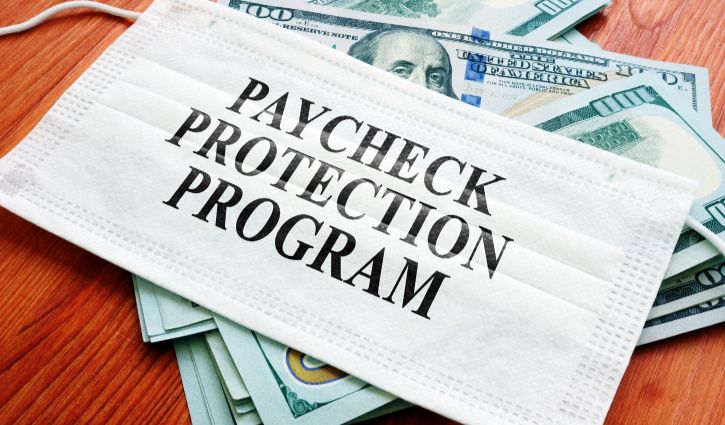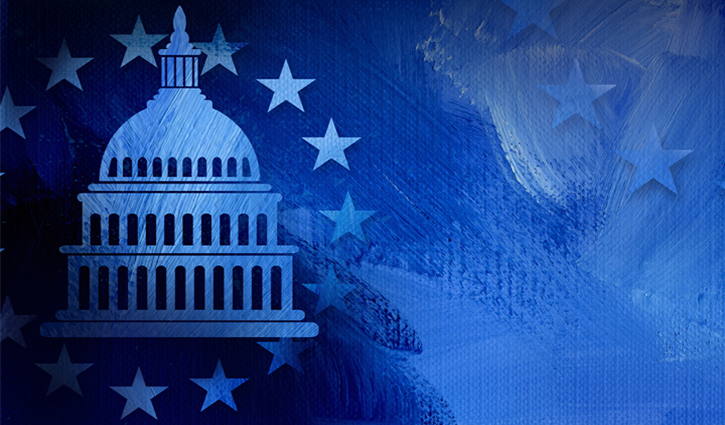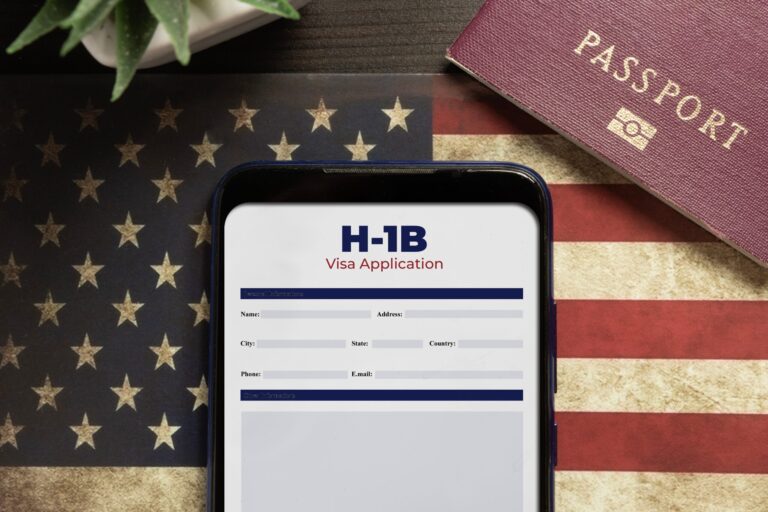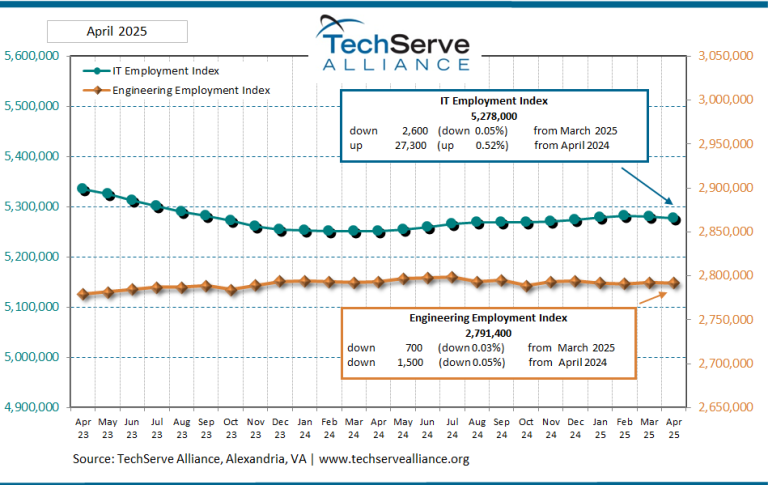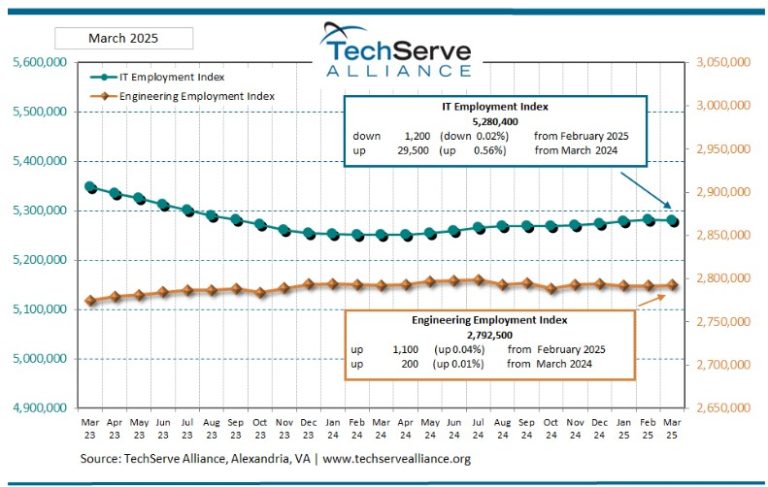The Biden administration recently announced a 14- day period of the U.S. Small Business Administration’s (SBA) Payment Protection Program (PPP) when only businesses with fewer than 20 employees can apply for relief. This period will begin Wednesday, Feb. 24, and conclude on Wednesday, March 10.
Biden also announced four other changes to expand the benefits of the PPP program to underserved small businesses, including:
- Allowing sole proprietors, independent contractors and self-employed individuals to receive greater financial support by revising the PPP’s funding formula for these categories of applicants;
- Eliminating an exclusionary restriction on obtaining PPP relief for small business owners with prior non-fraud felony convictions;
- Eliminating PPP access restrictions on small business owners who have struggled to make student loan payments, by eliminating student loan debt delinquency as a disqualifier to participating in the PPP; and
- Ensuring access for non-citizen small business owners who are lawful U.S. residents, by clarifying that they may use an Individual Taxpayer Identification Number (ITIN) to apply for the PPP.
In the second round of funding, Congress provided $284 billion for the program. Thus far, about half of the funding has been distributed to businesses.
While these updates grant priority to smaller businesses, this action puts a pause on loans for larger applicants. At the conclusion of this 14-day period, all eligible businesses will have several weeks to apply for loans before this iteration of the PPP closes at the end of March.
Employer Takeaway
Borrowers should review the criteria for this exclusive PPP loan application period. Borrowers considering applying should prepare and have on hand all relevant documentation. Lastly, borrowers should direct any questions regarding PPP loans to their lender. We will continue to monitor any additional developments regarding the PPP and deliver updates as necessary. For more information about the PPP, contact TechServe Alliance.
According to the SBA, these updates aim to reach small, and low- and moderate-income businesses that have not received the needed relief a forgivable PPP loan provides.







